“The poetry of earth is never dead,” John Keats wrote. These quotes from Pope Francis illuminate that truth.
Since his inaugural Mass, Pope Francis has frequently reminded a global audience that care for creation is among his highest priorities. In June 2015, he released his long-awaited encyclical on the environment, “Laudato Si’” (“Praise Be to You”), addressing it to “every person living on this planet.” Named after a canticle by St. Francis of Assisi, the encyclical pairs religious insights with scientific facts to spotlight the gravity of the environmental crisis.
As a world leader with a background in science who heads a 2,000-year-old Church, the pope is uniquely qualified to articulate a compelling vision and mission for the future. The writings, homilies, prayers, talks, and even tweets of Pope Francis gather his most important and inspiring words about our shared responsibility to protect, nurture, and care for “our common home.”
Our planet is in peril, the pope is telling us, along with the well-being of the poor who depend on the earth’s natural resources. He chastises world leaders and challenges ordinary people, reminding us that our foolish actions and careless decisions are placing lives at risk. He decries our current assaults on the natural environment and warns of the consequences of climate change.
Still, Pope Francis’ message is always ultimately one of hope and optimism. In his environmental communications over the years, Pope Francis’ words reveal that he believes we can move toward a new kind of conversion—a higher level of consciousness, action, and advocacy that will spark “a bold cultural revolution.”
The following reflections are from Pope Francis’ encyclical. May his words challenge us to be good stewards of our planet!
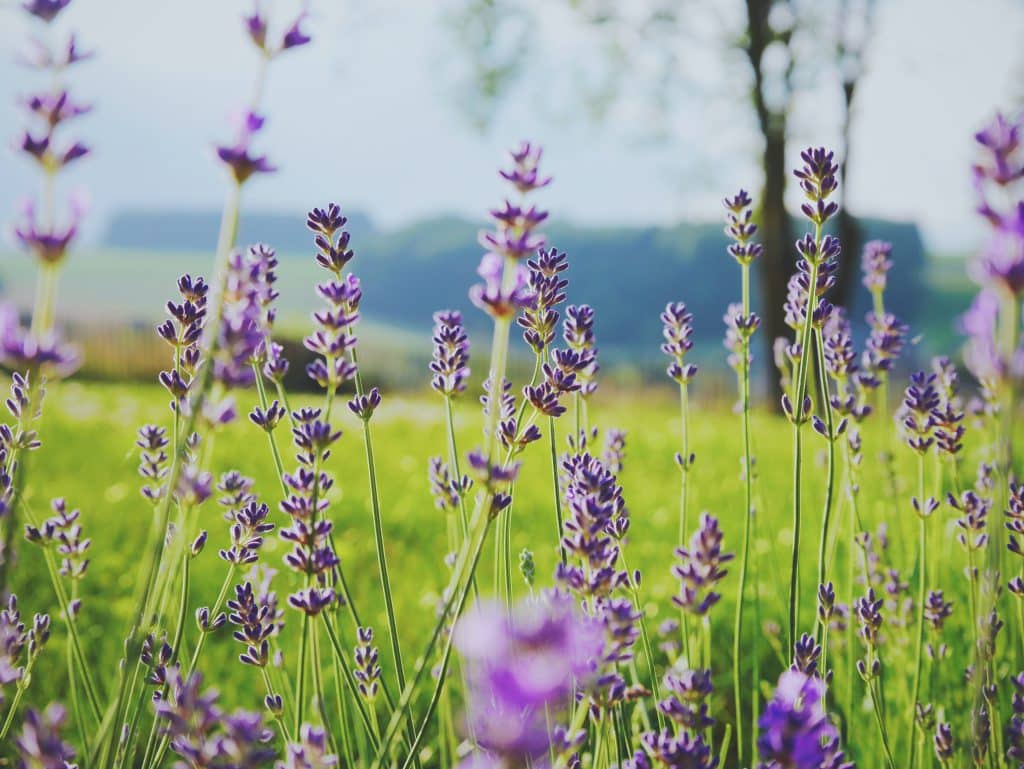
The New Testament does not only tell us of the earthly Jesus and his tangible and loving relationship with the world. It also shows him risen and glorious, present throughout creation by his universal Lordship: “For in him all the fullness of God was pleased to dwell, and through him to reconcile to himself all things, whether on earth or in heaven, making peace by the blood of his cross” (Col 1:19-20). This leads us to direct our gaze to the end of time, when the Son will deliver all things to the Father, so that “God may be everything to everyone” (1 Cor 15:28). Thus, the creatures of this world no longer appear to us under merely natural guise because the risen One is mysteriously holding them to himself and directing them towards fullness as their end. The very flowers of the field and the birds which his human eyes contemplated and admired are now imbued with his radiant presence.
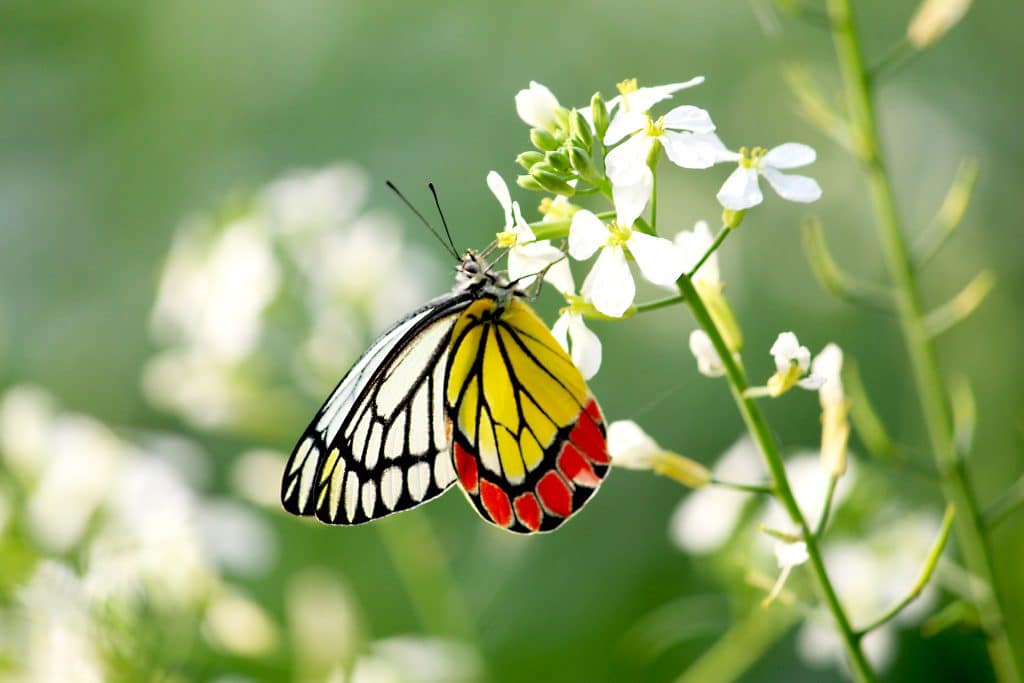
St. Francis’ response to the world around him was so much more than intellectual appreciation or economic calculus, for to him each and every creature was a sister united to him by bonds of affection. That is why he felt called to care for all that exists. His disciple Saint Bonaventure tells us that, “from a reflection on the primary source of all things, filled with even more abundant piety, he would call creatures, no matter how small, by the name of ‘brother’ or ‘sister.’” Such a conviction cannot be written off as naive romanticism, for it affects the choices which determine our behavior. If we approach nature and the environment without this openness to awe and wonder, if we no longer speak the language of fraternity and beauty in our relationship with the world, our attitude will be that of masters, consumers, ruthless exploiters, unable to set limits on their immediate needs.
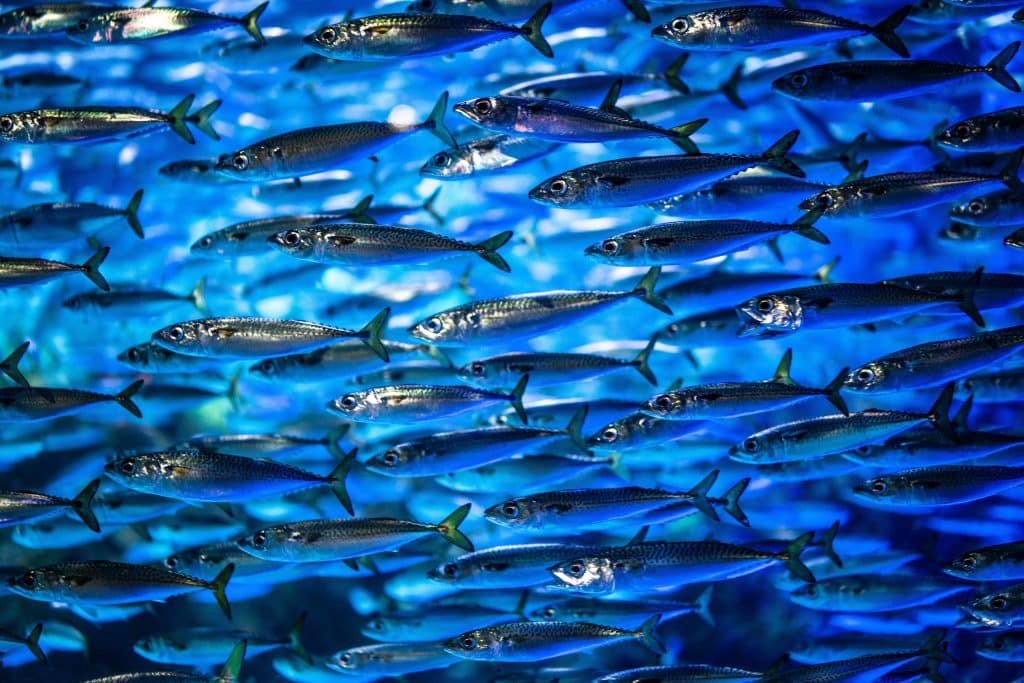
Oceans not only contain the bulk of our planet’s water supply, but also most of the immense variety of living creatures, many of them still unknown to us and threatened for various reasons. What is more, marine life in rivers, lakes, seas, and oceans, which feeds a great part of the world’s population, is affected by uncontrolled fishing, leading to a drastic depletion of certain species. Selective forms of fishing which discard much of what they collect continue unabated. Particularly threatened are marine organisms which we tend to overlook, like some forms of plankton; they represent a significant element in the ocean food chain, and species used for our food ultimately depend on them.
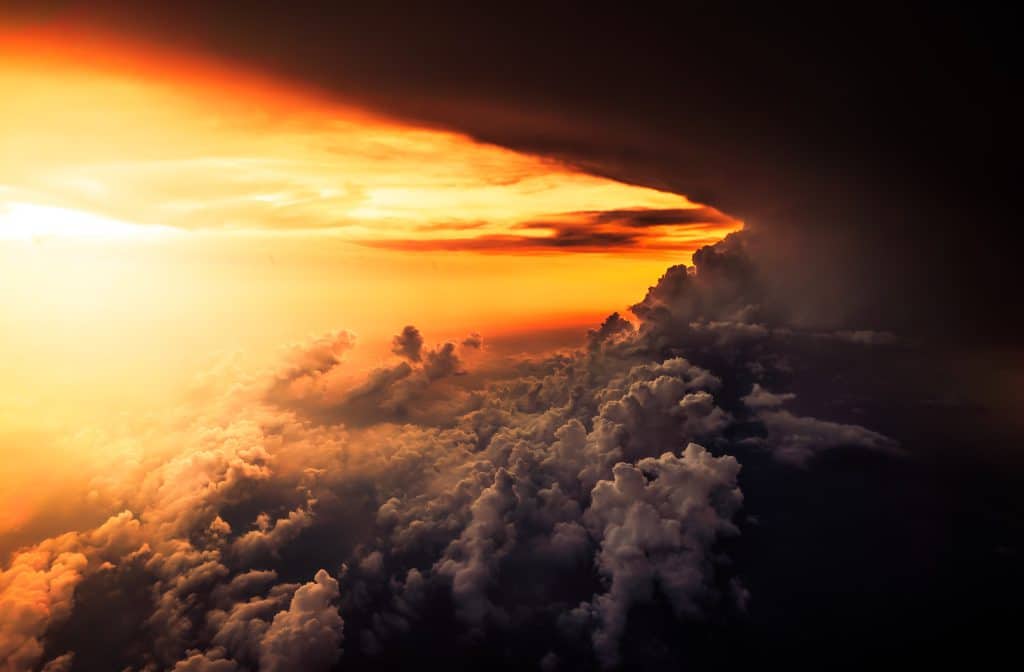
When we can see God reflected in all that exists, our hearts are moved to praise the Lord for all his creatures and to worship him in union with them. This sentiment finds magnificent expression in the hymn of St. Francis of Assisi:
Praised be you, my Lord, through Brother Wind,
and through the air, cloudy and serene, and every kind of weather
through whom you give sustenance to your creatures.
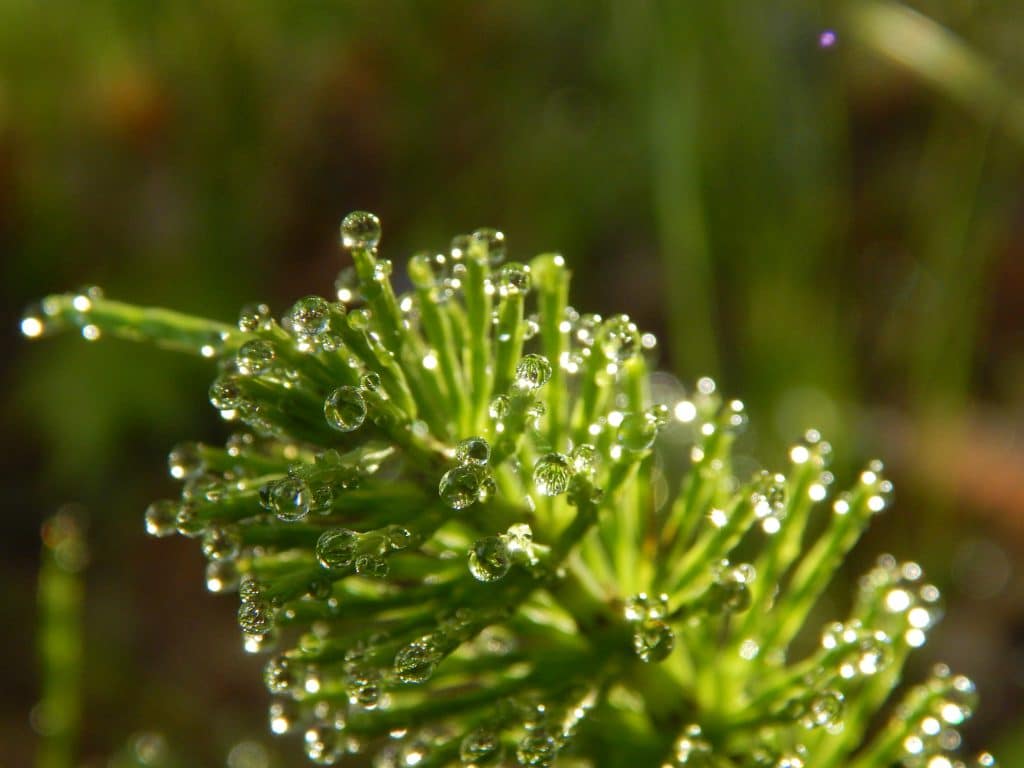
The Lord was able to invite others to be attentive to the beauty that there is in the world because he himself was in constant touch with nature, lending it an attention full of fondness and wonder. As he made his way throughout the land, he often stopped to contemplate the beauty sown by his Father and invited his disciples to perceive a divine message in things: “Lift up your eyes and see how the fields are already white for harvest” (Jn 4:35). “The kingdom of God is like a grain of mustard seed which a man took and sowed in his field; it is the smallest of all seeds, but once it has grown, it is the greatest of plants” (Mt 13:31-32).
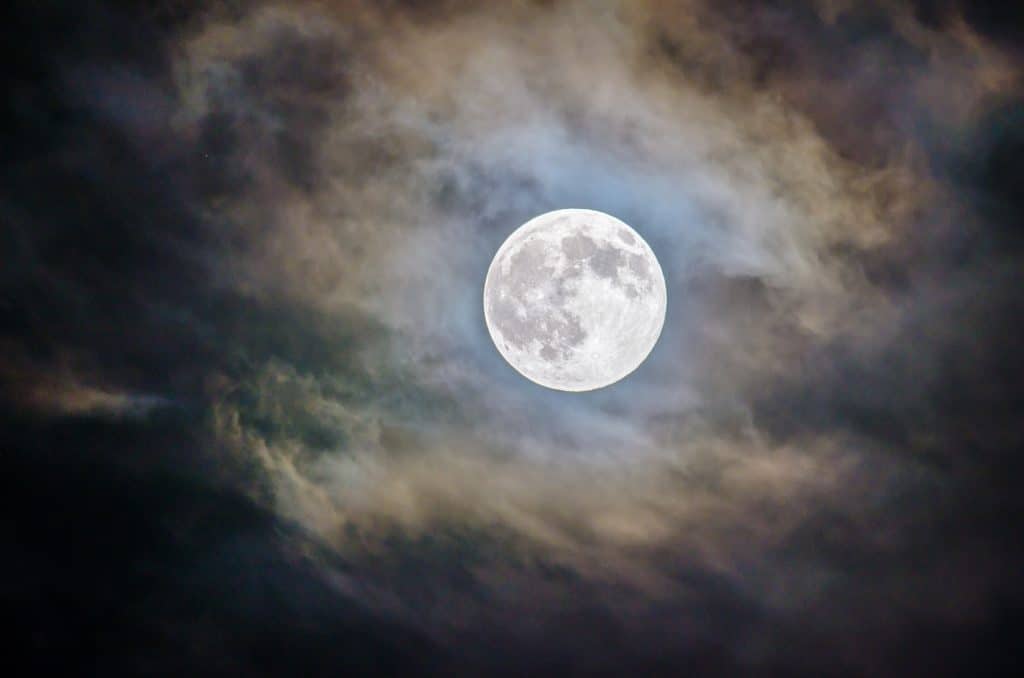
The Psalms frequently exhort us to praise God the Creator, “who spread out the earth on the waters, for his steadfast love endures forever” (Ps 136:6). They also invite other creatures to join us in this praise: “Praise him, sun and moon, praise him, all you shining stars! Praise him, you highest heavens, and you waters above the heavens! Let them praise the name of the Lord, for he commanded and they were created” (Ps 148:3-5). We do not only exist by God’s mighty power; we also live with him and beside him. This is why we adore him.
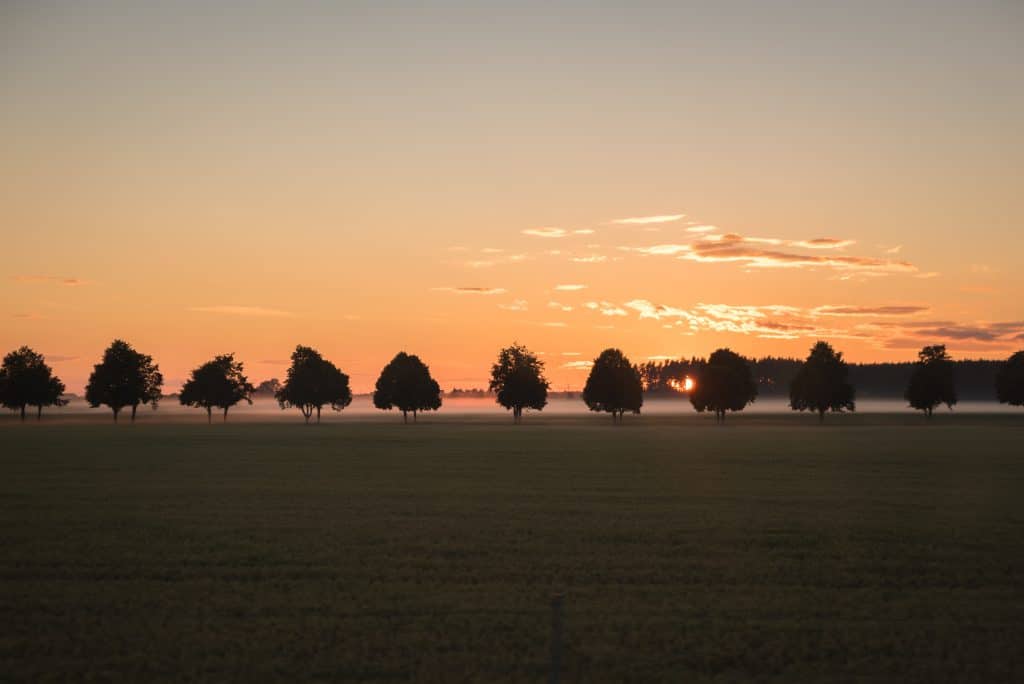
We are not God. The earth was here before us and it has been given to us. This allows us to respond to the charge that Judeo-Christian thinking, on the basis of the Genesis account which grants man “dominion” over the earth (Gen 1:28), has encouraged the unbridled exploitation of nature by painting him as domineering and destructive. This is not a correct interpretation of the Bible as understood by the Church. Although it is true that we Christians have at times incorrectly interpreted the Scriptures, nowadays we must forcefully reject the notion that our being created in God’s image and given dominion over the earth justifies absolute domination.
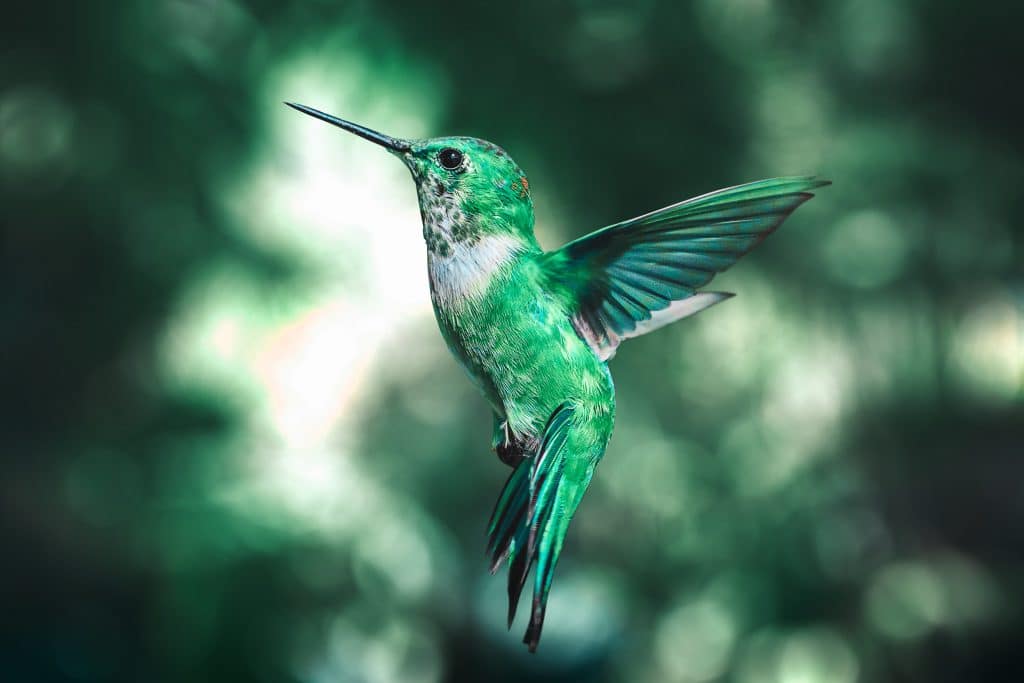
Jesus took up the biblical faith in God the Creator, emphasizing a fundamental truth: God is Father (Mt 11:25). In talking with his disciples, Jesus would invite them to recognize the paternal relationship God has with all his creatures. With moving tenderness he would remind them that each one of them is important in God’s eyes: “Are not five sparrows sold for two pennies? And not one of them is forgotten before God” (Lk 12:6). “Look at the birds of the air: they neither sow nor reap nor gather into barns, and yet your heavenly Father feeds them” (Mt 6:26).
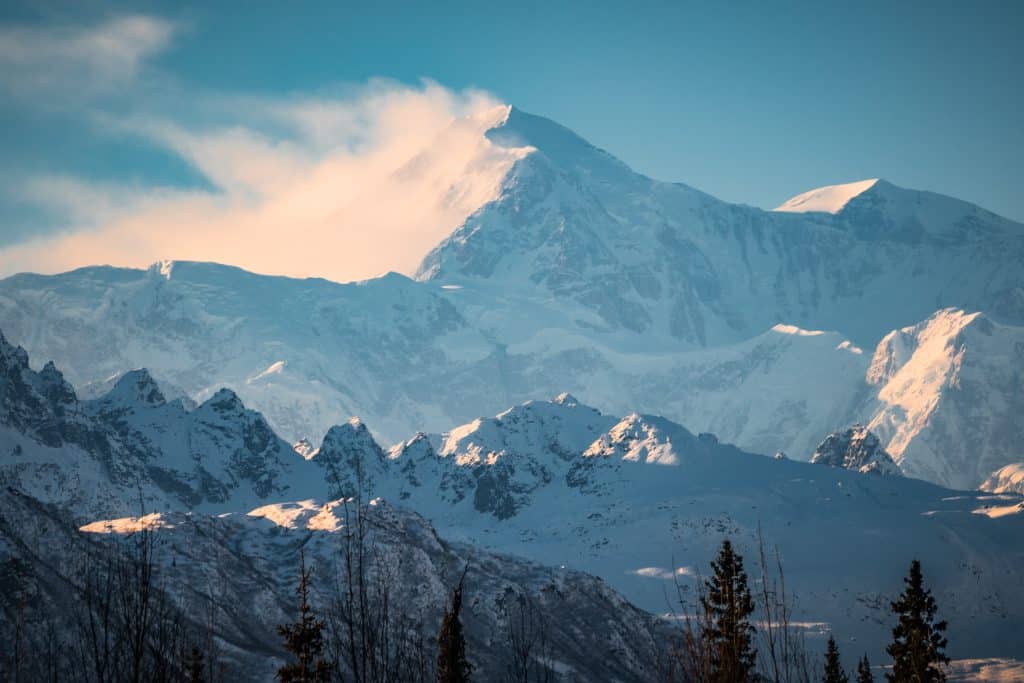
The entire material universe speaks of God’s love, his boundless affection for us. Soil, water, mountains: everything is, as it were, a caress of God. The history of our friendship with God is always linked to particular places which take on an intensely personal meaning; we all remember places, and revisiting those memories does us much good. Anyone who has grown up in the hills or used to sit by the spring to drink, or played outdoors in the neighborhood square; going back to these places is a chance to recover something of their true selves.

The urgent challenge to protect our common home includes a concern to bring the whole human family together to seek a sustainable and integral development, for we know that things can change. The Creator does not abandon us; he never forsakes his loving plan or repents of having created us. Humanity still has the ability to work together in building our common home. Here I want to recognize, encourage and thank all those striving in countless ways to guarantee the protection of the home which we share.









9 thoughts on “Pope Francis On Our Common Home”
Beautiful. How I would like to get back to nature and God’s creation.
Inspiring! I find Pope Francis’ love of nature, love of the arts, poetry literature and now nature, very inspiring. My Pope brings humanity and love to his work of shepherding us through these difficult times.
Exciting and amazing. Certainly, yes to His Holiness.
Inspirational. The beauty of God’s creation is precious. I pray that all of us will become more aware of the urgent need to protect Mother Earth.,
Gorgeous. Stunning. Bravo!!!
May God forgive us for what we’ve done to His creation. Shame is a dirty word in a self-centered culture, but shame of on us all! We crucify this planet the way we crucified His body. Only will His gift of repentance help us to fundamentally change our evil self-centered ways.
May we all open our hearts and minds to His selfless love and be changed,
Br. Kevin
What an awesome and loving God we have! Our common home expresses in nature God’s
profound love of us in the beauty of every tree, flower, and tiniest bug. Your magnificent
Mountains and vast oceans and lakes are breathtaking just to name a few! O Divine
Creator, may all your creation fill our hearts with praise and thanksgiving for all this beauty!
If only we could see the beauty in mankind that we see in the natural world around us. The birds that sing his praises even though they face predators much bigger than him the cold of the winter the heat of the summer. The flowers and herbs that put forth their blossoms toward heaven even though a late frost may kill them . The total abandonment of nature toward its creator holds a lesson for all. It is good to see the Holy Father cares about the creation. Thank you.
This is a great prayerful look at our planet. God bless our pope and God bless the friars. Amen.